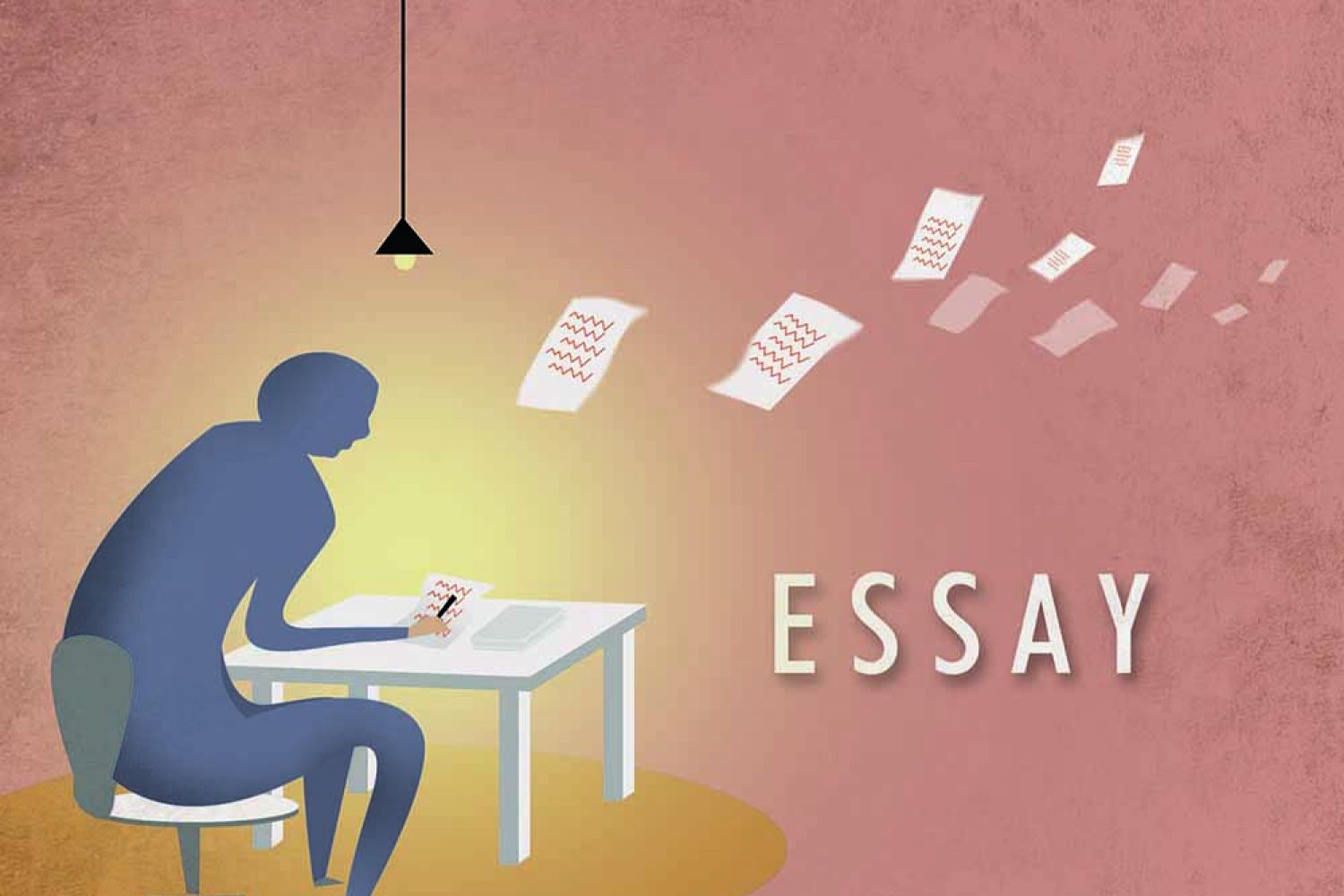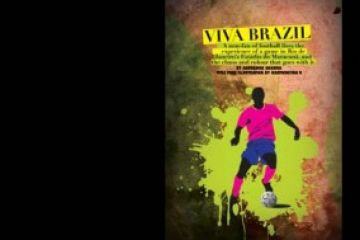
The cooperative union fraud was pretty straightforward. Its beauty lay in
its purity, unlike the hundreds of other frauds that take place every day.
There were no forged signatures, no fake bills, no creative accounting. You
didn’t need any expertise to understand the nature of this scam either. All you
needed was will power.
—Raag Darbari
Shrilal Shukla
wrote Raag Darbari more than 40 years ago, but it continues to
be one of the most discussed works in Hindi literature. Indeed, n





